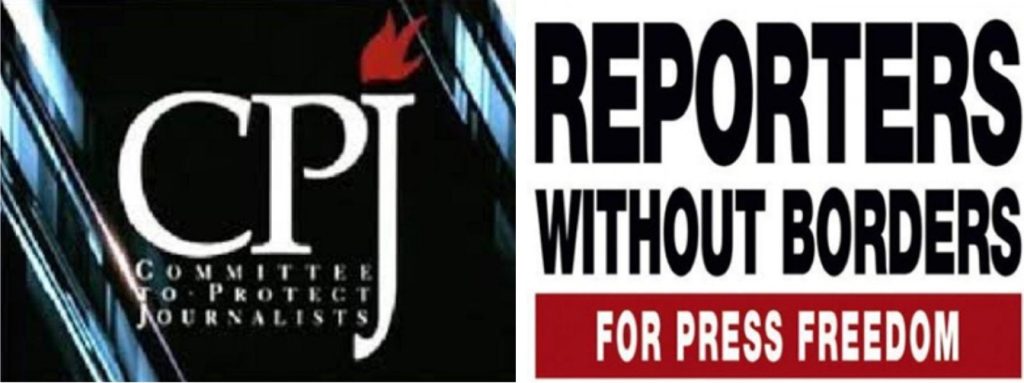The year 2024 witnessed a grim milestone for press freedom, marking the deadliest year on record for journalists since the Committee to Protect Journalists (CPJ) began tracking fatalities over three decades ago. A staggering 124 journalists were killed across 18 countries, a 22% surge from the previous year, underscoring the escalating dangers faced by those reporting the news amidst global conflicts, political instability, and rampant criminality. The Israel-Gaza war tragically dominated the statistics, accounting for 85 journalist deaths, an overwhelming majority of whom were Palestinian, and all attributed to the Israeli military. This conflict alone drastically skewed the global figures and highlighted the urgent need for greater protection of journalists in war zones.
Beyond the Gaza conflict, other regions grappled with their own challenges to press freedom. Sudan and Pakistan each reported six journalist fatalities, marking a resurgence of violence against the media in these nations. Sudan’s devastating civil war created a perilous environment for journalists, while Pakistan, after a period of relative calm, saw a spike in killings linked to political turmoil. These figures expose the vulnerability of journalists reporting on critical issues in volatile settings.
The CPJ report emphasizes a disturbing global trend: the deliberate targeting of journalists for their work. At least 24 killings were directly linked to the journalists’ reporting, exposing the lengths some will go to silence critical voices and suppress information. The deliberate targeting of journalists by the Israeli military in Gaza and Lebanon, in violation of international law recognizing journalists as civilians, highlights the erosion of established norms for protecting the media in conflict zones.
Freelancers, often operating with limited resources and support networks, bore a disproportionate share of the risk, accounting for over a third of all journalist killings. Their precarious position, particularly in conflict zones like Gaza where access for international media is severely restricted, demands greater attention and calls for mechanisms to ensure their safety and access to information. The limited access for international media, controlled by the Israeli military, further restricts independent reporting and accentuates the risks faced by Palestinian freelancers who become primary sources of information.
The CPJ report paints a troubling picture of press freedom globally, extending beyond conflict zones. Mexico continued to be a perilous landscape for journalists, with five killings in 2024, highlighting the ongoing failures of protective mechanisms designed to safeguard journalists. Haiti’s descent into lawlessness presented another unique threat, with gangs openly claiming responsibility for journalist killings, demonstrating the breakdown of law and order and the extreme vulnerability of journalists in such environments.
The Middle East and North Africa remained the deadliest region for journalists, largely due to the Israel-Gaza conflict. However, the resurgence of violence against journalists in Syria, following the toppling of Bashar al-Assad’s regime, signals a potential return to the deadly environment that previously plagued the country. Syria’s historical impunity for crimes against journalists underscores the need for greater accountability mechanisms to deter future attacks and ensure justice for victims. The CPJ’s recommendations, including the establishment of an international task force to investigate crimes against journalists, highlights the need for concerted international action to address the systemic failures in protecting media professionals worldwide.
The high number of journalist killings in 2024 serves as a stark reminder of the increasing risks faced by those who strive to inform the public and hold power to account. The confluence of armed conflict, political instability, and organized crime has created a perfect storm, endangering journalists across the globe. The disproportionate impact on freelancers, the deliberate targeting of journalists for their work, and the failure of protective mechanisms underscore the urgent need for strengthened international efforts to guarantee the safety of journalists and protect the fundamental right to freedom of the press. The continuing violence against journalists in the early weeks of 2025 signals a continuation of this alarming trend and reinforces the need for immediate and decisive action.














